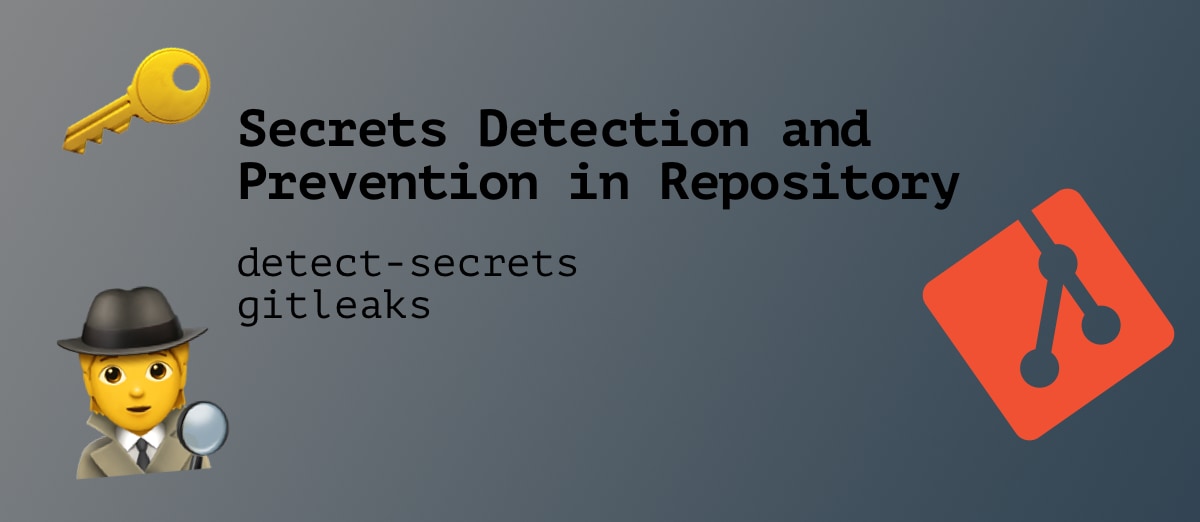Welcome to my blog.
- I live in Gdańsk, Poland
- I am a Software Engineer & Site Reliability Engineer
- I am specialising in Go, OpenTelemetry, Kubernetes and AWS
Welcome to my blog.

Linter is a static code analysis tool that detects programming and style errors. I use golangci-lint, a fast linter runner, to check my Go code. which is a fast linters runner. It contains an extensive collection of various linters and many configuration options. Installation You can install it on Mac with brew install golangci-lint Example // main.go package main import ( "fmt" "os" ) func main() { f, _ := os....

I recently finished reading Learning OpenTelemetry by Ted Young and Austin Parker. I recommend this book to everyone interested in a deeper understanding of observability. The authors focus first on providing historical context for telemetry and how the signals evolved. I particularly liked two concepts: soft and hard context and signal layering. They also explain how the current monitoring landscape looks and why OpenTelemetry was created. The authors explain the difference between OpenTelemetry API and SDK and instrumenting library vs....

A UUID is 128 bits long identifier and is intended to guarantee uniqueness across space and time. The format is described in RFC 9562. The most common versions are: UUIDv4 - which are generated in random or pseudorandom order UUIDv7 - which are are ordered by time generated In Go there is a library google/uuid which generates the numbers according to RFC specification. MySQL with UUIDv4 In MySQL, you can store UUID as BINARY(16)....

To measure elapsed time in Go, you can use following code. package main import ( "fmt" "time" "go.opentelemetry.io/otel/metric" ) func expensiveCall() { } func main() { // setup meter opDurationHistogration, _ := meter.Int64Histogram("operation_duration", metric.WithDescription("Operation duration"), metric.WithUnit("ms")) start := time.Now() expensiveCall() elapsed := time.Since() fmt.Printf("Took %s\n", elapsed) opDurationHistogration.Record(context.TODO(), elapsed) } Output Took 11.583µs

I decided to make the blog repository public to allow writing comments. To do it, I scanned my repo using two programs. detect-secrets detect-secrets detects secrets within a code base however, unlike other similar packages that solely focus on finding secrets, this package is designed with the enterprise client in mind: providing a backwards compatible, systematic means of: Preventing new secrets from entering the code base, Detecting if such preventions are explicitly bypassed, and Providing a checklist of secrets to roll, and migrate off to a more secure storage....
kubectx and kubens are both great tools which speeds up working with multiple Kubernetes clusters. kubectx allows quickly changing context. kubens allows changing namespace in given context. kubectx With kubectl you need to type kubectl config use-context my-context With kubectx kubectx my-context If you have fzf installed, you can interactively select cluster by just writing kubectx. kubens Kubens is similar but it allows setting namespace. Instead of doing kubectl config set-context --current --namespace=my-namespace You can do...
You may find useful to have Git commit hash and go version in your structured logs with every entry. To achieve it you can use following code. Working code example you can find on GitHub package main import ( "log/slog" "os" "runtime" "runtime/debug" ) var GitCommit = "NOCOMMIT" var GoVersion = runtime.Version() var BuildDate = "" func initVersion() { info, ok := debug.ReadBuildInfo() if !ok { return } modified := false for _, setting := range info....
This is a continuation from previous article How Does Web Work With Go Part 1. To talk with web server, you need to speak the same language. In this case it is protocol HTTP. Currently there are 3 version of this protocol in use: HTTP 1.1 - TCP text format HTTP 2 - TCP binary format HTTP 3 - UDP binary format In our case we will use HTTP 1.1 which is defined in RFC2616....
This evening I was wondering if my 5-year old son would ask me, what is the Internet and how it works, what I would reply to him? Maybe he is a bit young to go into the details, but I would like to explain what I know about it and to structure my knowledge and learn more in the process. Because as Seneka said: while we teach, we learn. I would like to dive deep into the details in this series with some Go examples....
I would like to recommend an ACM membership with Skills Bundle. This gives an access to O’Reilly, Skillsoft Percipio and Pluralsight. The 2024 cost 2024 is $174 per year or $100 if you are from developing countries. This cost is quite high but still way better than O’Reilly access alone which is $499 yearly. Pluralsight (also $499 yearly standard price) gives an access to huge library of video courses which are useful for certificate preparation....